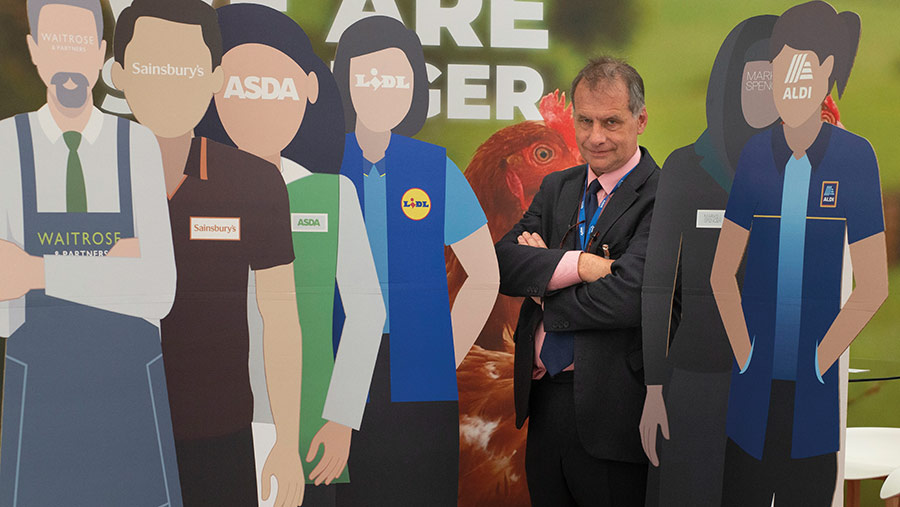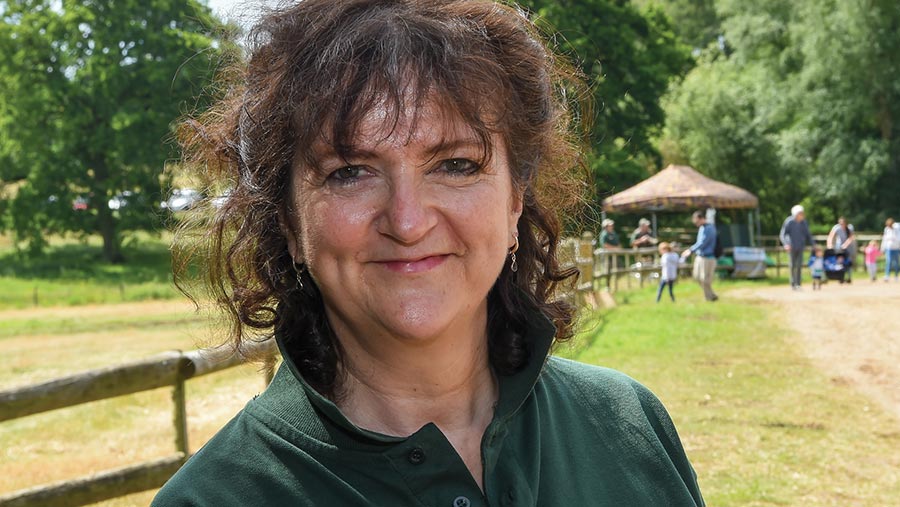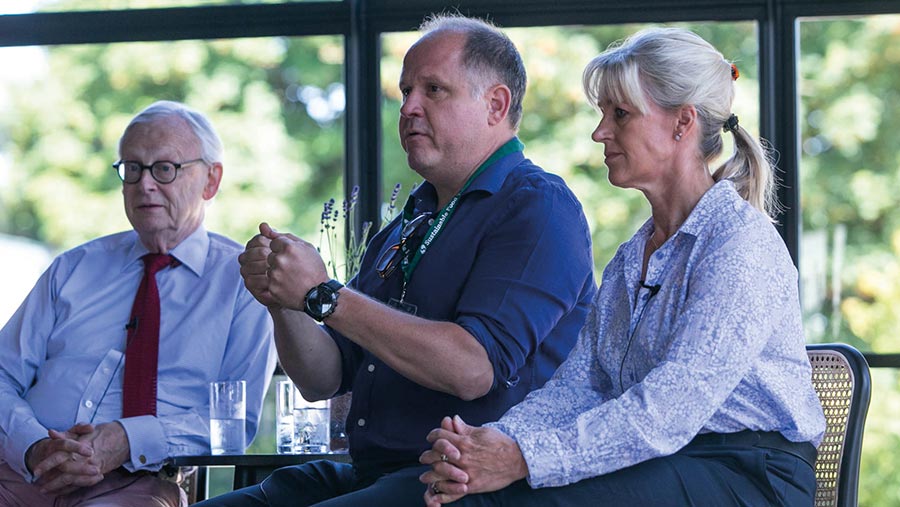2022: What made the farming news in May and June?
Our review of 2022 agricultural news continues with a look at May and June. In the news were some well-known agricultural figures and some positive news on hare coursing prevention and seasonal workers.
See also: Poll: Was potato farmer right to manage River Lugg site?
May
Neil Parish

Neil Parish MP © Tim Scrivener
Neil Parish, the Conservative MP for Tiverton and Honiton in Devon, resigned after he was caught watching pornography in parliament.
In an interview with BBC South West, Mr Parish admitted he had twice watched porn in the chamber, claiming the first incident was accidental while searching for tractors, but the second time was deliberate.
It was a “moment of madness”, he said, and he had made a “huge, terrible mistake”. Mr Parish had chaired the Environment, Food and Rural Affairs committee since 2015.
Hare coursing
Police were given new powers to crack down on illegal encampments and hare coursing on private land in England, following years of lobbying by rural groups.
Hare coursing in the country is now punishable by unlimited fines and prison sentences of up to six months, and police forces can seize dogs.
Retailers’ no-show
In response to the cost crisis facing egg producers, the British Free Range Egg Producers Association (Bfrepa) hosted a summit at the Pig and Poultry Fair in Warwickshire (10-11 May), but none of the 10 major retailers invited to attend showed up.
Bfrepa chief executive Robert Gooch posed in front of cardboard cutouts of the main buyers on stage, to illustrate what it perceived as their “faceless approach”.

Robert Gooch © Tim Scrivener
River Lugg
Herefordshire farmer John Price pleaded guilty to damaging the protected River Lugg after an investigation by government agencies into unauthorised river maintenance work.
Mr Price appeared at Kidderminster Magistrates’ Court on Wednesday 18 May for a plea and case management hearing.
The 67-year-old pleaded guilty to seven out of the 10 charges brought against him by the Environment Agency and Natural England. The three withdrawn charges were covered by the seven guilty pleas, the court was told.
Caroline Drummond

© Caroline Drummond
Tributes were paid to Caroline Drummond, 58, who died following a short illness. Linking Environment and Farming, the organisation she led for more than 30 years, announced the news on Tuesday 24 May with “profound sadness”.
Caroline was the driving force behind Open Farm Sunday and hugely respected within the industry.
Sprayer complaints
Corteva Agriscience launched an investigation into reports of complaints from farmers about damage to sprayer components when the tank mix had included the fungicide active Inatreq.
Some farmers reported degradation of sprayer components – specifically nozzle O-rings and nozzle diaphragms.
June
CF Fertilisers plant closure
The NFU warned farmers against any panic buying of ammonium nitrate (AN) fertiliser after manufacturer CF Fertilisers announced plans to permanently close its second production plant in Cheshire.
The country’s only AN manufacturer said it needed to restructure its operations to ensure a continued supply of fertiliser and carbon dioxide, the other key product of the manufacturing process.
National Food Strategy
The government’s National Food Strategy, published on 13 June, was met with mixed reaction within the industry. NFU president Minette Batters said it was right to recognise the importance of domestic food production.
But Henry Dimbleby, whose independent review of England’s food system prompted the strategy, said there were “big gaps” in the contents.
Lord Deben, chairman of the UK government Committee on Climate Change, doubted whether ministers would deliver its targets.

Lord Deben, Henry Dimbleby and Minette Batters © Chloe Edwards
Scottish seed potatoes
Nine seed potato growers in Scotland joined forces in a bid to better support and develop the sector and in response to the post-Brexit ban on selling seed potatoes to the valuable European market.
The new Seed Potato Organisation wants to fund research and innovation and represent views of growers.
Seasonal Worker visas
The poultry industry welcomed a government pledge to make an additional 2,000 Seasonal Worker visas available for this year – but insisted more may be needed in the run-up to the busy Christmas period.
The government announced in its Food Strategy that the 2,000 visas would be taken out of 10,000 additional visas for horticulture.
Gene editing
The Scottish government signaled it would not follow Westminster in relaxing rules on gene editing (GE).
The Genetic Technologies (Precision Breeding) Bill is making its way through parliament and, if passed, would remove rules blocking research into GE in England.
Scotland environment minister Mairi McAllan raised concerns that an England-only relaxation on GE would have implications north of the border and could affect trade with the EU, the UK’s biggest trading partner.
Glyphosate
Classifying the popular weedkiller glyphosate as carcinogenic is “not justified”, the EU’s chemical regulator concluded.
The European Chemicals Agency’s committee for risk assessment found that “the available scientific evidence did not meet the criteria to classify glyphosate for specific organ toxicity, or as a carcinogenic, mutagenic or reprotoxic substance”.
